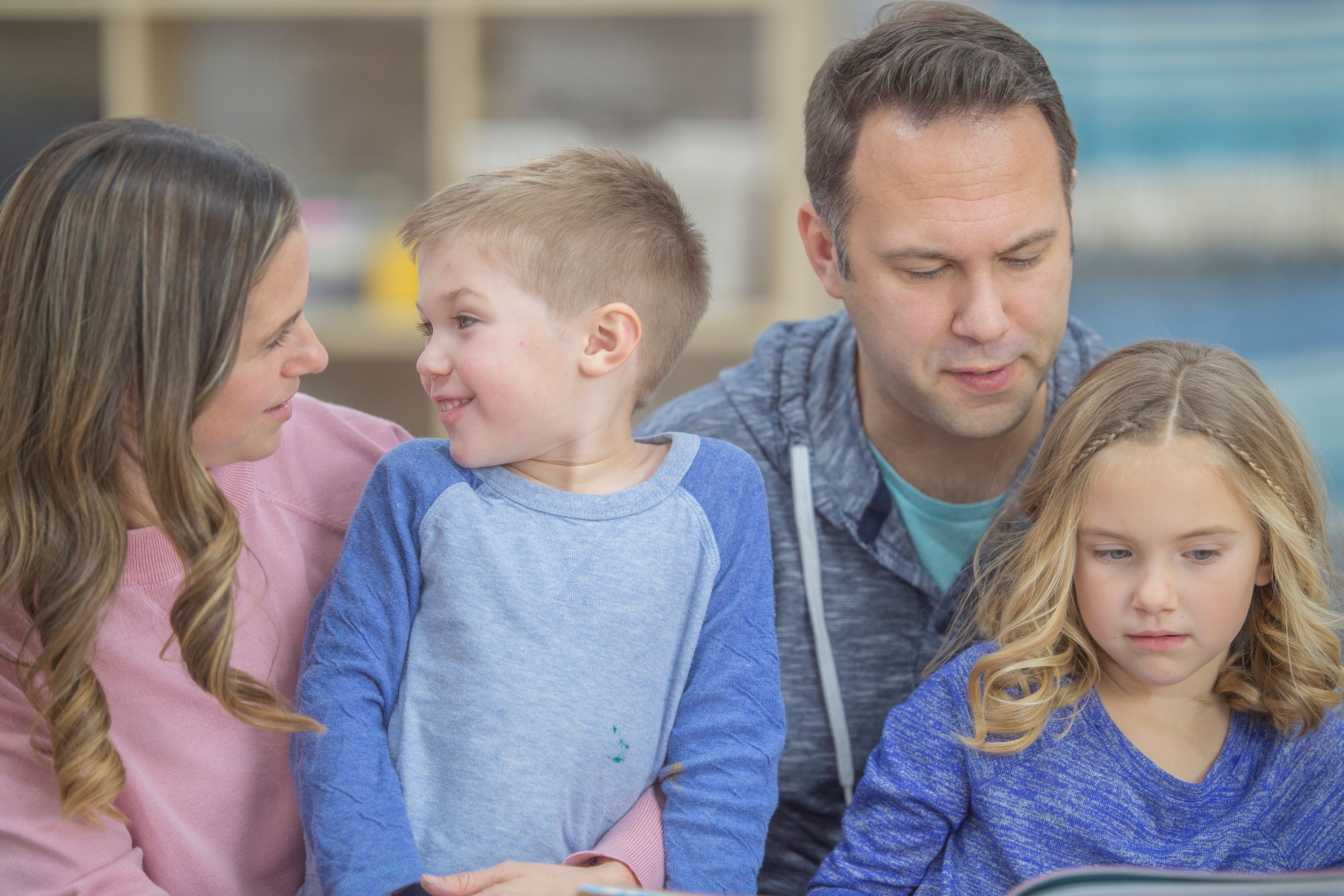Understanding the Impact of Parental Trauma on Young Adults
Understanding Parental Trauma
Parental trauma can have a profound impact on young adults, shaping their emotional and psychological development in numerous ways. This trauma can stem from a variety of sources, such as abuse, neglect, or even generational trauma that has been passed down. Understanding how these experiences affect young adults is crucial for providing the right support and resources.
When parents experience trauma, their ability to provide a nurturing and stable environment may be compromised. This can lead to difficulties in the parent-child relationship, affecting the child's sense of security and attachment. As young adults grow, these early experiences continue to influence their self-esteem, emotional regulation, and interpersonal relationships.

Effects on Emotional Health
Young adults who have grown up in the shadow of parental trauma often face challenges related to emotional health. They may experience anxiety, depression, or difficulty managing stress. These emotional challenges are often compounded by feelings of isolation and misunderstanding, as the impact of parental trauma is not always visible to others.
Moreover, these young adults might develop maladaptive coping mechanisms. For instance, they might avoid confronting difficult emotions or situations, leading to a cycle of avoidance and increased distress. Understanding these patterns is essential for helping them develop healthier coping strategies.

Influence on Relationships
The dynamics of parental trauma can significantly affect how young adults form and maintain relationships. Trust issues are common, as early experiences with unreliable caregivers can lead to skepticism in adult relationships. This skepticism can manifest as fear of intimacy or difficulty in establishing boundaries.
Additionally, young adults may mirror the relational patterns they observed in their parents. For example, they might unconsciously replicate conflict styles or communication patterns that were present in their family of origin. Recognizing and addressing these patterns can empower young adults to build healthier relationships.

Breaking the Cycle
Although the impact of parental trauma can be significant, it is possible to break the cycle and foster healing. Therapy and counseling are invaluable resources for young adults seeking to understand their past and reshape their future. Therapeutic approaches such as cognitive-behavioral therapy (CBT) or trauma-focused therapy can help individuals process their experiences and develop resilience.
In addition to professional support, community resources and peer support groups can provide a sense of belonging and shared understanding. These platforms offer a space for young adults to connect with others who have faced similar challenges, reducing feelings of isolation and fostering empowerment.
Empowering Young Adults
Empowerment comes from education and awareness. By learning about the impact of parental trauma, young adults can begin to understand their own behaviors and emotions more clearly. This self-awareness is the first step toward change and personal growth.
Furthermore, developing healthy habits such as regular exercise, mindfulness practices, and maintaining a balanced diet can enhance mental well-being. These habits not only support emotional health but also contribute to a stronger sense of control over one's life.

The Role of Society
Society plays a crucial role in supporting young adults affected by parental trauma. By promoting awareness and reducing stigma around mental health issues, communities can create environments that encourage open dialogue and acceptance. Educational programs in schools and workplaces can also equip young adults with the tools they need to navigate their emotions effectively.
In conclusion, understanding the impact of parental trauma on young adults is essential for fostering a generation that is resilient and emotionally healthy. By providing support, encouragement, and resources, we can help these individuals overcome their pasts and build brighter futures.